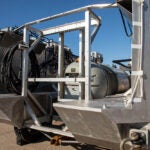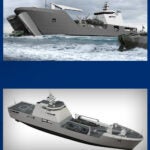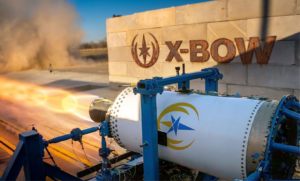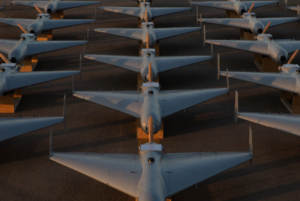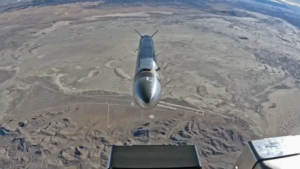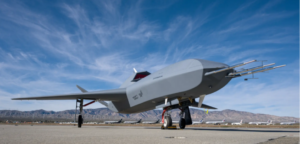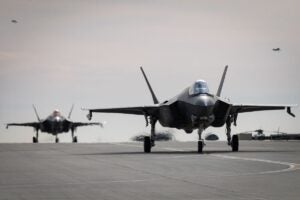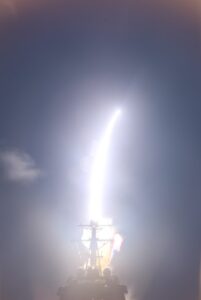
The Secretary of the Navy this week admitted the service will need more RTX [RTX] Standard Missile (SM)-3s for regional air and missile defense missions in the wake of recent Middle East naval operations. “I truly believe that SM-3s will be needed in greater numbers in the future, given the operations that took place in defense of Israel here recently where some were fired, and very effectively. So I think given the future threat in our deterrence mission in the…

 By
By 
